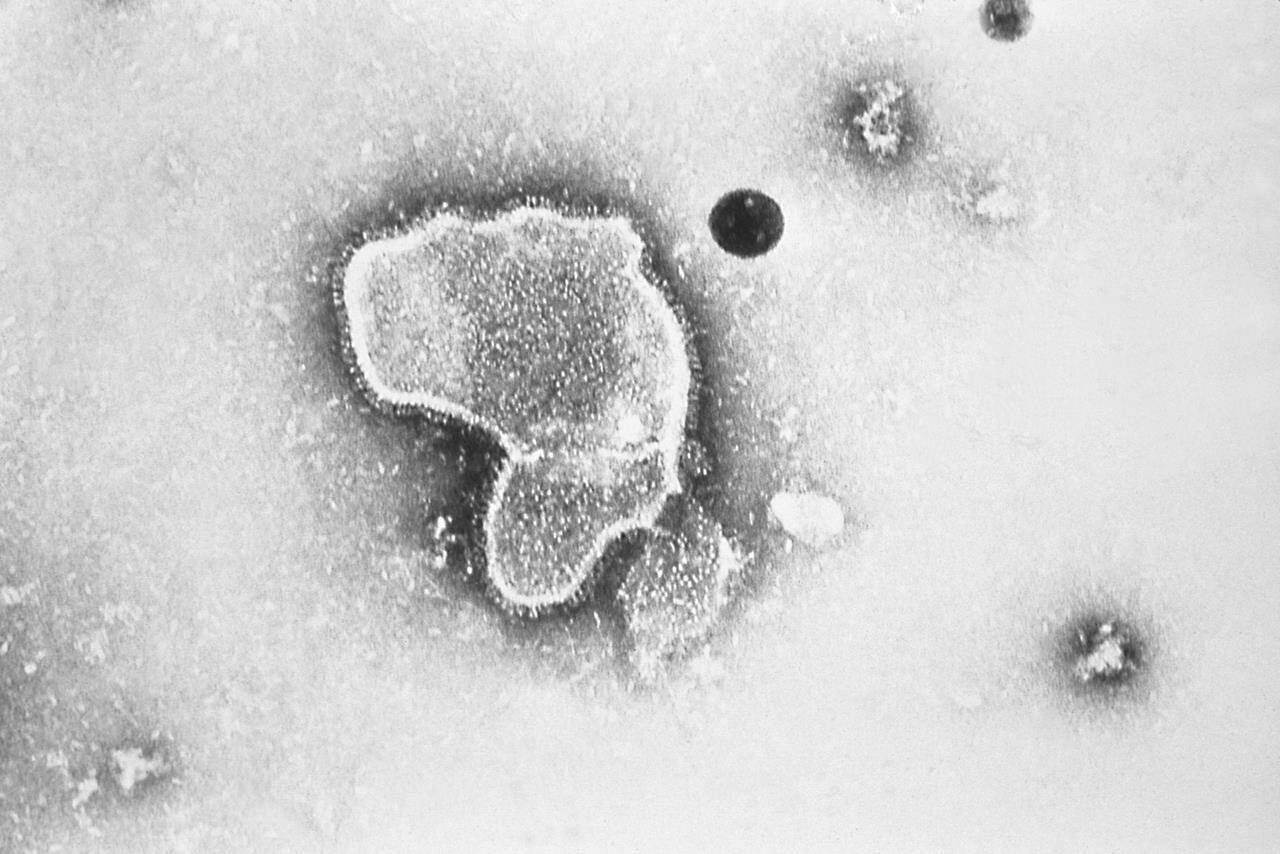By Dr. Mishelle Nace and Dr. Matthew Hirschfeld
Many viruses are making Alaskans sick this winter, but the virus primarily responsible for filling up our clinics, emergency departments, and pediatric hospital beds this season is respiratory syncytial virus (RSV). Each year in the United States, RSV leads to an average 58,000 hospitalizations with 100-500 deaths among children younger than 5 years old and 177,000 hospitalizations with 14,000 deaths among adults aged 65 years and older.
Some winters are worse than others for seasonal viruses and this year, some very young children are being exposed to RSV and other respiratory infections for the first time after avoiding them during the pandemic.
RSV can be similar to a bad cold for most individuals and can lead to breathing difficulties requiring hospitalization for younger children and older adults. Currently, the high number of children hospitalized for respiratory illnesses in Alaska has led to overflowing pediatric wards and pediatric intensive care units exceeding capacity.
In addition, Alaska is seeing flu cases in adults and children at higher numbers than in the past five flu seasons when totaled at this time of year. Add the surge of RSV and flu to other circulating viruses such as COVID-19 and we see why Alaska, like the rest of the United States, is experiencing a particularly bad respiratory disease season this year. This challenging winter has particularly affected children and their ability to quickly access care with long waiting times for patients at medical clinics, urgent cares, and emergency departments.
By learning more about respiratory illnesses and taking helpful actions, we can all take steps to improve the situation and protect both individuals and communities.
RSV in a child might seem like a cold in the first couple of days, but symptoms can become more severe as the illness progresses. It might start as a runny nose, an irritating cough or sneeze, and a decrease in appetite. Fever may or may not be present. In susceptible children, the cough can then progress into wheezing or difficulty breathing.
Those children who get worse may develop bronchiolitis (inflammation of the small airways) or pneumonia (infection in the lungs). In these children you might see fast breathing, flaring of the nostrils, and head bobbing with breathing. Some may have belly breathing, grunting, or tugging between the ribs or lower neck with each breath. Those having difficulty breathing, not drinking enough fluids to keep hydrated, or experiencing other worsening symptoms should be seen promptly by their health care professional. If it is after-hours and the severity has increased, your local emergency department is there to help as well.
RSV spreads just like the common-cold virus by direct person-to-person contact, unclean hands or objects. If you or someone in your home is sick, you can help decrease the spread by the following:
Wash your hands or use hand sanitizer regularly.
Avoid touching your face.
Cover your coughs/sneezes and avoid contact with younger children or older adults.
Avoid large gatherings.
Consider wearing a mask if you must go out.
If your child is sick, it is a good idea to keep them home from school until their symptoms improve.
Children at highest risk for RSV are those born prematurely, those younger than 2-years-old, and those with medical conditions affecting the lungs, heart, or immune system.
Viruses are tricky and unfortunately antibiotics are not effective against them. Your health care provider may prescribe antibiotics for bacterial infections, but those prescriptions do not work on viruses. The good news is that there are vaccines for viruses such as flu and COVID-19. These vaccines are widely available across Alaska for those 6 months and older. By getting vaccinated, you protect yourself, and you protect those around you. There is not yet a vaccine for RSV, but medicine is advancing, and we are getting closer to having one in the future.
We are concerned about the toll this virus season is having on children, their families, and the medical teams caring for them. Public health officials and health care professionals across Alaska are working together to make sure there are hospital beds, nurses, and providers to take care of children sick with RSV or flu, no matter where those children are located.
We thank you for your help to keep our families and communities safe. The children are counting on all of us.
Dr. Mishelle Nace, M.D., is a pediatrician with Foundation Health Partners in Fairbanks and a staff physician with the Alaska Department of Health. Dr. Matt Hirschfeld, M.D./Ph.D., is a pediatric hospitalist at the Alaska Native Medical Center and a board member of the All Alaska Pediatric Partnership.

